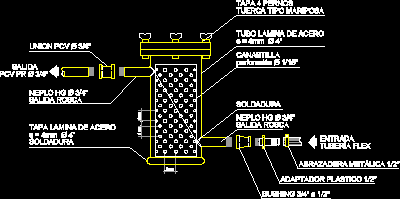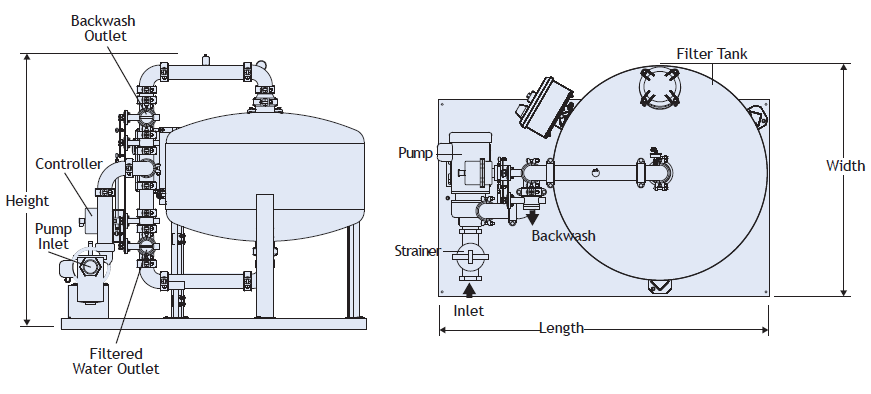

The RPI chapter of Engineers Without Borders documented its Panama water purification project using Onshape.

“Since our club has so many members and those members are constantly changing – people graduating and new students always joining – I thought Onshape was perfect to document our projects and make sure the data is always easily accessible to current members,” he adds. “The other thing I found really useful about Onshape is the ability to keep everything organized within a few Part Studios and sub-assembly tabs.” “Most of my experience at school has been working in group projects on design work, and just being able to so easily share my designs with my team online is really appealing,” says Andrews.

Andrews documented the design project’s evolution for the national Engineers Without Borders office using Onshape’s free Education Plan. In January 2017, the RPI students returned to Sandubidi to check that the gravity-fed treatment system was still working and to test the bacteria levels in the water. Located in the Bocas del Toro region, the Panamanian village of Sandubidi has no electricity or running water. For example, our initial nozzles were metal and those had started to rust even after one year. “Our initial design had metal strapping and screws, so we had to make sure that everything we used was galvanized and would be more durable. “In Panama, everything rusts, so you need to make sure anything you build can withstand a harsh tropical marine environment,” he adds. When we got down there, part of the system that was installed the year before had fallen apart, so we had to make a lot of changes on the fly.” “The original design we had in mind at school needed to be modified very drastically when we arrived. “I learned that you need to expect that your plans will change due to unexpected circumstances,” Andrews recalls. Chlorine treatment stations were added the following year.

The first phase was creating a gutter system along the metal roof of a pre-existing community shelter and feeding the gutters into two 600-gallon tanks. Sandubidi has no electricity or plumbing. For the past few years, the volunteer team has focused on helping the village collect and treat rainwater for a safe drinking supply. When Rensselaer Polytechnic Institute engineering student Tim Andrews was told to “expect the unexpected” while volunteering in rural Panama, he soon experienced why the advice was more than just a tired cliché.Īndrews first visited the remote island community of Sandubidi (also known as Popa II) in 2016 as a sophomore with his school’s chapter of Engineers Without Borders.


 0 kommentar(er)
0 kommentar(er)
